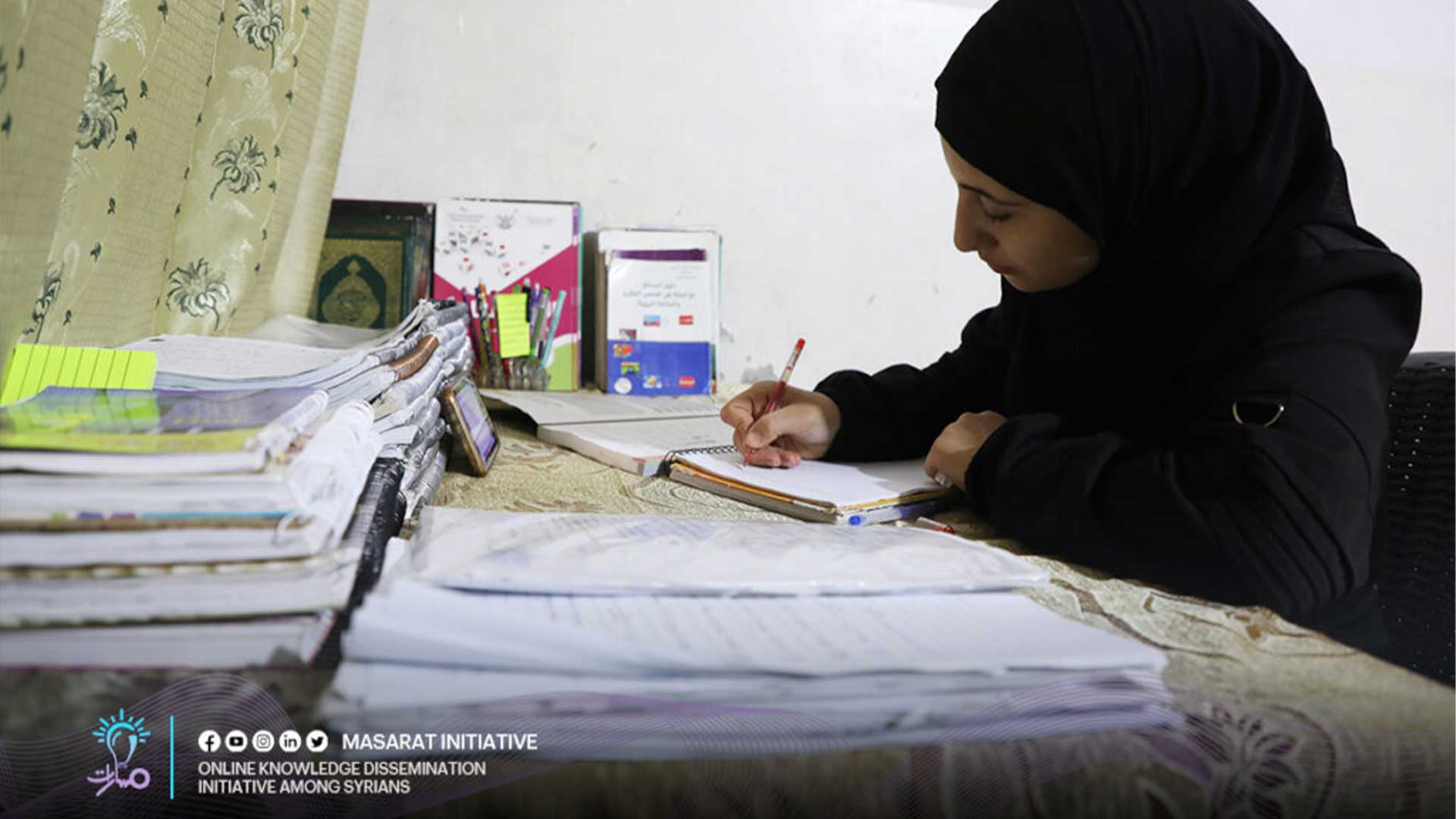In a constantly changing world filled with increasing challenges, a fundamental question arises: How can students enhance their understanding and absorption of knowledge effectively?
This article provides a comprehensive guide on essential effective learning strategies for every student aiming for academic and personal success.
Whether you’re struggling to maintain motivation, seeking ways to boost your concentration, or looking to improve your study techniques, this guide serves as your compass to maximize your study time.
Prepare to transform your learning approach and embark on an educational journey that will help you achieve your goals efficiently and effectively.
Motivation and Learning
All previous experiments conducted on animals in learning relied on the presence of motivations like hunger and thirst. Similarly, humans need motivation to learn, but the learning motivation in humans rises from mere biological and physiological drives to include acquired social motivations such as:
- The need for self-esteem
- Achievement
- Discovery
These are all examples of important motivations for human learning. Therefore, it is essential for you to feel an interest in the subject you are learning, as this inclination acts as a driving force.
It is easier to develop this motivation when you understand the lesson’s objective, its importance in your general life, and its relevance to your educational and career future.
Reinforcement and Learning
Reinforcement, whether positive or negative, plays a significant role in effective learning. It is known that anything that satisfies motivations, meets desires, and aligns with interests is a form of reward.
This includes prizes, exam grades, and anything that gives a sense of satisfaction and comfort, known as positive reinforcement.
Negative reinforcement can also be beneficial at times by depriving a person of something they like to draw their attention to their mistakes so they can avoid them.
Feedback is crucial in this context; for instance, if you mispronounce a word in English or French and then hear the correct pronunciation from your teacher, you learn the correct response.
Practice and Learning
There are two types of practice in learning: distributed practice and massed practice:
- Distributed Practice: Learning in short sessions with breaks in between.
- Massed Practice: Learning in relatively long sessions without breaks. Generally, distributed practice is better than massed practice.
The appropriate time intervals for learning and breaks depend on the tasks you are performing and individual differences. You should rest when you feel your efficiency in the task is decreasing and your errors are increasing.
Breaks should be short during a single task but longer when switching from one task to another, like moving from studying Arabic to mathematics.
Breaks should not be too long to prevent forgetting previous information, nor too short to avoid mixing new information with old.
The Positive Role of the Learner
The more dedicated effort you put into learning the material, the better the quality and benefit of your learning. This includes preparing lessons in advance, summarizing them while learning, participating in discussions, and asking questions related to the topic.
Transferability of Learning
Learning efficiency increases if mastering a certain subject positively impacts learning another subject, known as positive transfer of learning. Mastering a grammar rule in Arabic and English in the classroom benefits reading and writing in other situations.
Learning can only be positively transferable if certain conditions are met, such as:
- Common Elements: Recognizing similarities between new and previous learning makes transfer easier.
- Understanding: Understanding and perceiving relationships.
Principles of Effective Memorization
How can you study effectively? The previous principles on effective learning are helpful, along with the following tips to consider during study:
Attention
Attention plays an important role in improving memory, and these are some principles to help:
- Allocate a specific time for studying and stick to it.
- Designate a specific place for studying away from relaxation areas like the bed.
- Practice studying in varying conditions; studying in very quiet places might make it difficult to study in slightly noisy environments when necessary.
- Resolve psychological issues or avoid focusing on them during study. If these issues are hard to solve, seek help from the school counselor.
Increasing Desire to Memorization
This principle is related to motivation and can be achieved through:
- Thinking about the goals you aim to achieve from studying the subject, such as success or excellence.
- Competing with yourself, setting a level to exceed.
- Setting a specific time to finish studying the material and ensuring you follow through.
Active Participation
Study sessions become more effective if you are active and alert. This can be achieved through:
- Reviewing: Pause during review sessions to recall key elements.
- Taking Notes: Summarize what you read, create your summaries, and write questions, notes, and ideas about what you learn.
Using Effective Reading Techniques
Understanding reading facilitates a lot of learning, and you can use the following methods:
- Preview the material before detailed study.
- Link new information to previously learned information.
- Use effective reading habits through proper eye movement on printed words.
In conclusion, we affirm that the foundation of success is desire and attention, and that a correct understanding of our past experiences plays a role in facilitating memorization.
Final Tips for Effective Learning and Strong Memorization Habits
- Use different educational methods such as reading, listening, watching, and discussing. These methods help strengthen understanding and retention.
- Regularly review materials instead of focusing on one task for a long time and then forgetting it. Regular reviews help retain information better.
- Use techniques like grouping information, rephrasing concepts in your own words, and using visual aids.
- Maintain a balance between study and rest. Adequate rest helps rejuvenate energy and improve concentration, making learning more effective.
- Take notes during study and review sessions. Use diagrams, charts, and summaries to organize information and make it easier to retrieve later.
- Learn to cooperate and practice teaching: sharing knowledge with others and explaining topics helps enhance your understanding and retention of materials.
Conclusion
In conclusion, academic success is not out of reach. The key lies in adopting smart learning strategies and diligently applying them. Every step you take toward improving your learning skills brings you closer to achieving your goals.
Always remember, the ability to learn effectively is one of the most powerful tools you can have in your journey towards success. Let every learning moment be the beginning of a greater achievement.
Author: Khalid Al-Mouayyad, Philosophy Teacher at Masarat Initiative







